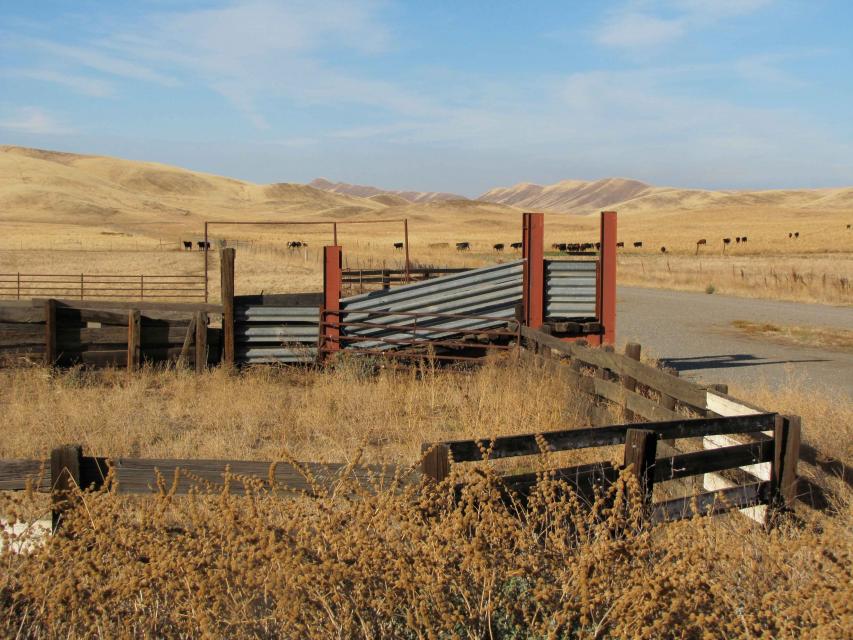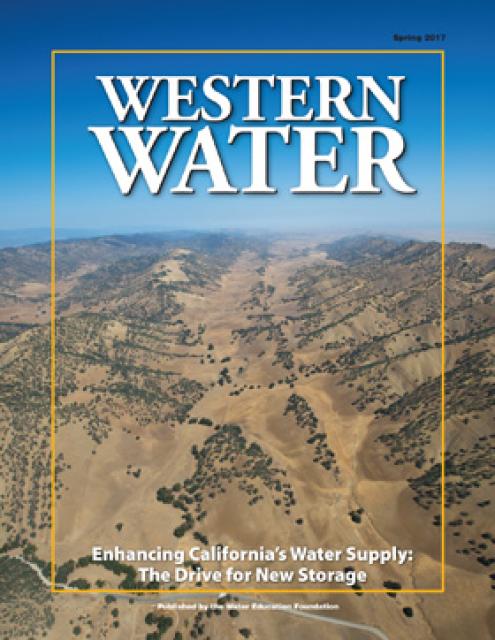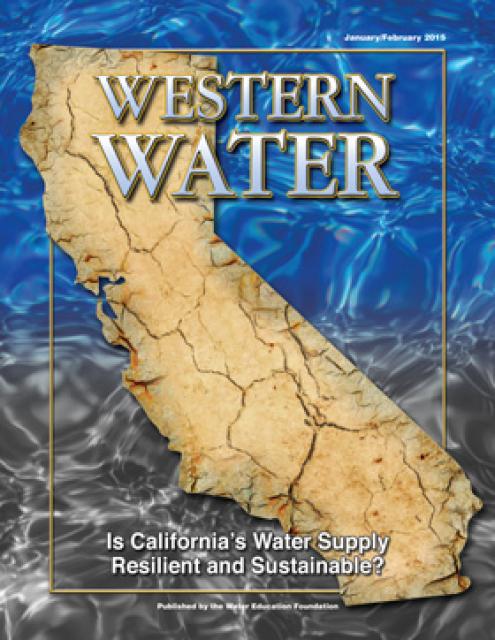ON THE ROAD: Picturesque Northern California Valley Could Become the State’s Next Major Reservoir
Sites Reservoir site is a stop on our Northern California Tour Oct. 10-12
 An hour’s drive north of Sacramento sits a picture-perfect valley hugging the eastern foothills of Northern California’s Coast Range, with golden hills framing grasslands mostly used for cattle grazing.
An hour’s drive north of Sacramento sits a picture-perfect valley hugging the eastern foothills of Northern California’s Coast Range, with golden hills framing grasslands mostly used for cattle grazing.
Back in the late 1800s, pioneer John Sites built his ranch there and a small township, now gone, bore his name. Today, the community of a handful of families and ranchers still maintains a proud heritage.
The area, about 10 miles west of the town of Maxwell, is receiving attention for a proposal to create the so-called Sites Reservoir to store diverted seasonal high flows from the Sacramento River. The project recently received a promise of state aid, but far short of the $4.4 billion needed.
Two main dams and nine saddle dams bridging the hilltops would create the reservoir, which would spread over 14,000 acres. Its capacity would be up to 1.81 million acre-feet with a long-term average yield of up to 488,000 acre-feet per year. One acre-foot is typically enough to serve two families for a year.
Proponents favor the off-stream location because it wouldn’t directly affect endangered salmon runs. And Sacramento River diversions would be allowed only after having met strict criteria and regulatory requirements.
Critics say diversions could take more than 60 percent of the river’s flow at times and would affect the ecosystem on which fish and wildlife depend.
The reservoir could take a decade to finish. Studies on the proposed storage site began in the 1990s under the CALFED Bay-Delta Program.
In July 2018, the California Water Commission conditionally committed $816.4 million in funding from Proposition 1 toward the project’s estimated $4.4 billion construction cost. Reservoir proponents have until Jan. 1, 2022 to complete environmental documents and obtain final permits and commitments for the remaining funds needed to build the project.
In the meantime, the water commission approved an advance of $40.8 million in Prop. 1 funding to help proponents start work on permits and environmental documents.










